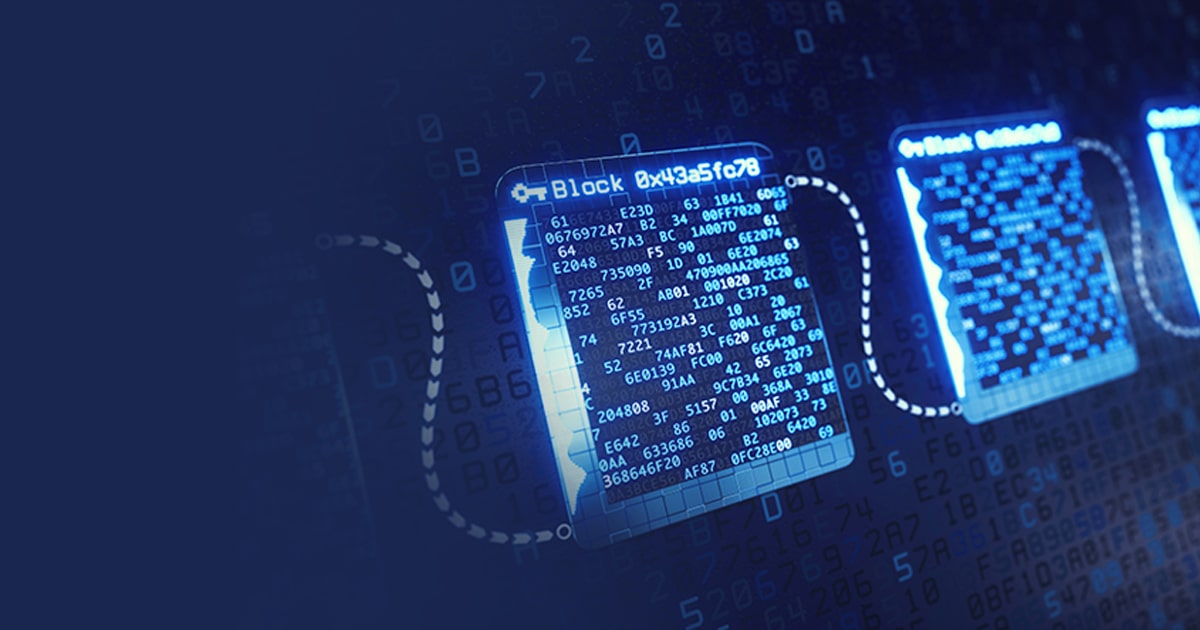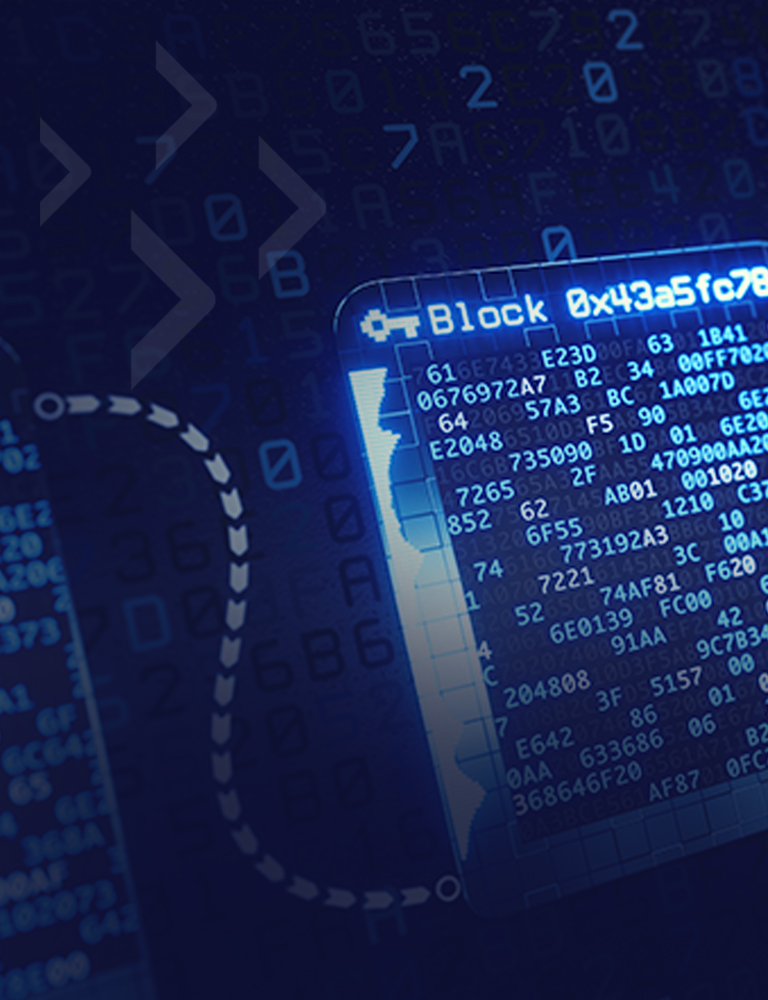Introduction to Blockchain
Blockchain technology makes data and transactions more secure by recording data at multiple points, spread across a network of computers. It acts as a decentralized ledger, making it a secure repository of data. Each member in the network maintains his/ her copy of the information. Entries to the ledger are permanent, transparent and searchable, which makes it possible for community members to view transaction histories in their entity. Since it contains verifiable records of every single transaction ever made, it prevents instances of fraud, abuse and manipulation of transactions.
The technology was first introduced by Satoshi Nakamoto in his paper titled “Bitcoin: A Peer-To-Peer Electronic Cash System,” in the context of peer-to-peer electronic transactions that don’t require interference by a central financial institution. Blockchain has been compared to what the internet was like in the early 1990s that has transformed the world with the ‘Internet of Information.’ Blockchain promises to create the ‘Internet of Value’ with the potential to transform industries exponentially.
Scope of Blockchain
Organizations across the globe have been exploring Blockchain technology and the scope of its applications.
Financial Services Industry
The industry has leveraged the technology to the highest degree. Capital markets, for instance, use the technology for fast and secure trade settlement as well as smart contract-based allocation of commercial papers. Banks use it for storing financial information and regulatory compliances. The insurance sector uses it for verifying identities and processing claims.
Technology Sector
It has found its application in IoT connectivity, machine-to-machine transaction, customer data management, electronic data management, and supply chain traceability.
Media
Blockchain has enabled digital rights management, made possible with smart contracts for royalty payments. Blockchain-enabled content usage tracking and micropayments, as well as pricing for paid content, reduces the involvement of intermediaries.
Telecom
Creates a new platform enabling 5G connectivity. Moreover, blockchain technology for data exchange within and between networks will reduce roaming fraud.
While these are some current use-cases, the technology can be further applied to secure social media, smoothen industry supply chain, audit the voting process and clean up transaction processes in the real estate sector. Similarly, eCommerce, manufacturing, retail, as well as the public sector can achieve sector-specific outcomes by leveraging the emerging technology.
According to a LiveMint report, Blockchain technology is “the fastest-growing skill set demanded on job sites. Job growth rates to 2,000-6,000 % and salaries for blockchain developers are 50 to 100% higher than regular developer jobs.” This points to the growing scope of blockchain technology and the massive opportunity for Indian professionals to transform their future. Learners must start with the blockchain online course, available on FutureSkills Prime, at no cost!
Relevant skills for building a career in Blockchain technology
Learners can now understand the fundamentals of Blockchain with a blockchain development course on FutureSkills Prime. Learners should know about the different aspects of blockchain technology, its working and its business relevance. With courses handpicked by industry experts, validated by SSC nasscom and recognized by the government of India, learners will acquire the relevant skills for building a career in the domain of blockchain technology.
Blockchain facilitates the storage of data and enables its fast movement, thereby helping save time, money and effort. A recent World Economic Forum report predicts that by 2025, 10% of GDP will be stored on blockchain-related technology, indicating at its growing importance. Stay relevant in your industry and upskill with the blockchain short course available on FutureSkills Prime, at no cost.
Job Roles
By upskilling in this blockchain course, professionals can make a career progression as developers, engineers, testing engineers, project managers and web designers.
Blockchain technology is revolutionizing industries by offering secure, decentralized data management and transaction solutions, making it essential for professionals to upskill through blockchain courses. These courses, such as those available on FutureSkills Prime, provide a comprehensive understanding of blockchain's mechanisms and applications across various sectors like finance, technology, and media. By obtaining a blockchain certification, learners validate their expertise, making them highly sought after in a job market that demands blockchain skills, with growth rates and salaries significantly higher than those of regular developers. Embracing blockchain technology through structured learning not only enhances career prospects but also ensures professionals remain relevant in a rapidly evolving digital landscape.
Stay ahead of the curve and fuel your curiosity with our comprehensive and engaging popular blogs.:
https://futureskillsprime.in/knowledge-center/tech-simplified/implementing-blockchain-education


